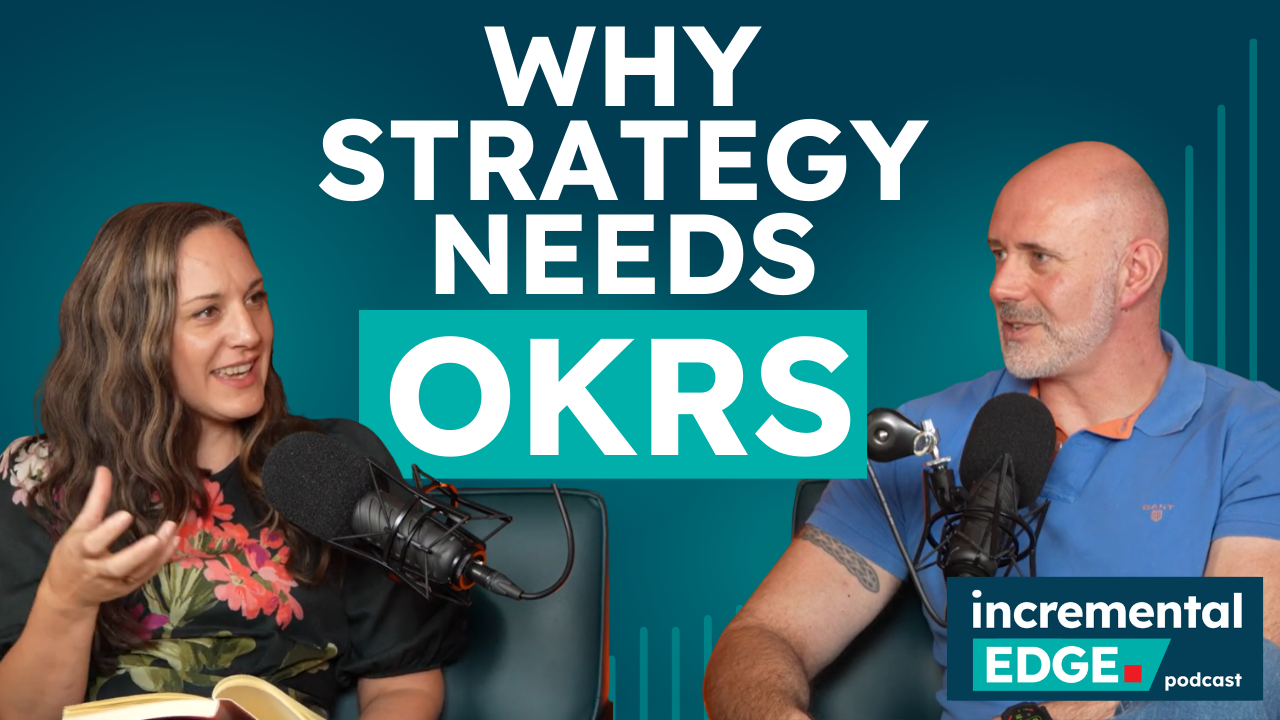
Insights
New year, new business management system: 5 reasons you should re-evaluate your software
6th April 2022
4 min read
Author: Tom James, Head of Sales, Datel
With a new year comes new opportunities to do business in a better way.
Despite the uncertainties of the past two years, many business leaders are heading into 2022 with a positive outlook and big plans.
But these days "big plans" tend to require a foundation of sturdy technology to stand upon. So to ensure your plans have the best chance of success in 2022, it's a good idea to make sure your current business management system isn't going to hold you back. Below are five of the main reasons why you should re-evaluate your system.
1. You’ve outgrown your existing system
ERP and business management systems are often designed to thrive in a specific size of business, with scales ranging from single-user to thousands of employees.
For example, a company employs ten people and invests in a system designed to support approximately 50 users. Five years later however, that same company is 100 people strong, operating well beyond the scope of its 50-user solution.
Operating beyond the capacity of your business management system can lead to technical issues such as data corruption, slow down and concurrent-user caps. Your system can’t necessarily manage an excess of simultaneous users and, as a result, is forced to ration that limited access between employees. And if it doesn’t ration that access, the system strains itself in an attempt to accommodate those additional users, resulting in a system slow down.
User limits can cause major problems, and might be a reason to consider looking into alternatives or Cloud based solutions if your business has grown since implementing the solution it is currently using.

2. Your business is changing – but your system isn’t
Or, more specifically, can’t.
Your business can change in a number of ways, from new products and services to new industries and markets. And it's important that your business management system aligns with the evolution of your business. This, however, isn't always the case.
Your existing system may not support your new direction, especially if it’s not modular. And if it is, there may not be a module for the functionality you need.
It’s important to investigate which modules or add-on solutions can accommodate changes in your business – and to assess the differences between modifying your existing solution and adopting a new one.

3. Your existing system gets the job done – but a newer system could get the job done better
If you’ve had your existing system for years and it still gets the job done, you may be thinking a new system would seem a waste of time and money. Especially if it’s familiar, continues to receive regular vendor support, and it may provide a relatively problem-free experience.
A new system however can present a range of additional benefits missing from your current solution, such as quicker reporting, better integration of data, and easier, more intuitive ways of working. Even if your system is able to accommodate changes in your business, other systems may be able to achieve this far more effectively.
Essentially, a new system might include capabilities that you weren’t previously aware of. Evaluating other systems could open your eyes to faster, more efficient ways of working.
4. Your user experience is a problem
If your employees often express concerns about your current system, it's important that you evaluate these issues. Whether caused by factors such as unsupported software or an unscalable system, users can be left feeling frustrated if they're constantly running into problems with business tech. And as user issues are often a result of an underlying problem, it's important not to delay your system re-evaluation.
Moreover, if you’re frequently making tech support calls, a re-evaluation of your solution could save you both time and money.

5. Your system is no longer supported
Vendors always look to maintain their competitive advantage, aiming to produce forward-thinking solutions that utilise cutting-edge technology and ERP theory.
And as technology and theory rapidly develop, legacy products – solutions which can’t easily be brought in-line with their modern counterparts – are sometimes left behind.
System retirement can create a range of problems for businesses, such as vulnerability to evolving security threats or compatibility issues with new operating systems. As these factors continue to evolve – and your current system doesn't – the vendor won’t be providing ongoing support to ensure continued compatibility.
In short…
Business management systems replacement can be reactive, such as changing your system to existing technical and operational problems. It can also be proactive, such as moving to a system able to support the future direction of your business.
Even without an immediate need for either, regular reviews of your existing software can highlight your system's shortcomings. Moreover, regular evaluations of vendors and resellers can present opportunities to implement a better-suited system that unlocks your technology potential entirely to the benefit of your business - and its bottom line.
Looking for guidance on where to start?
If you need some help assessing whether your technology is keeping up with your business as it evolves, we've created a straight-talking guide to help you out. Use this guide to carry out a health check and understand if your current business technology is aligned with your goals and ambitions.
Access the guide here.
Latest posts
.png)
9th December 2025
4 min read
Learn about the upcoming changes to FRS 102 and how to prepare
FRS 102 is getting a major update from 2026, with big implications for revenue recognition and ...

4th December 2025
4 min read
The OKR Effect: Why outcome focus improves strategic execution
Strategy is something most leaders care deeply about. We invest time building a clear plan, shaping ...

2nd December 2025
2 min read
Celebrating a double win at Sage Future 2025
We’re excited to share some fantastic news that reflects not only Datel’s hard work, but the trust, ...